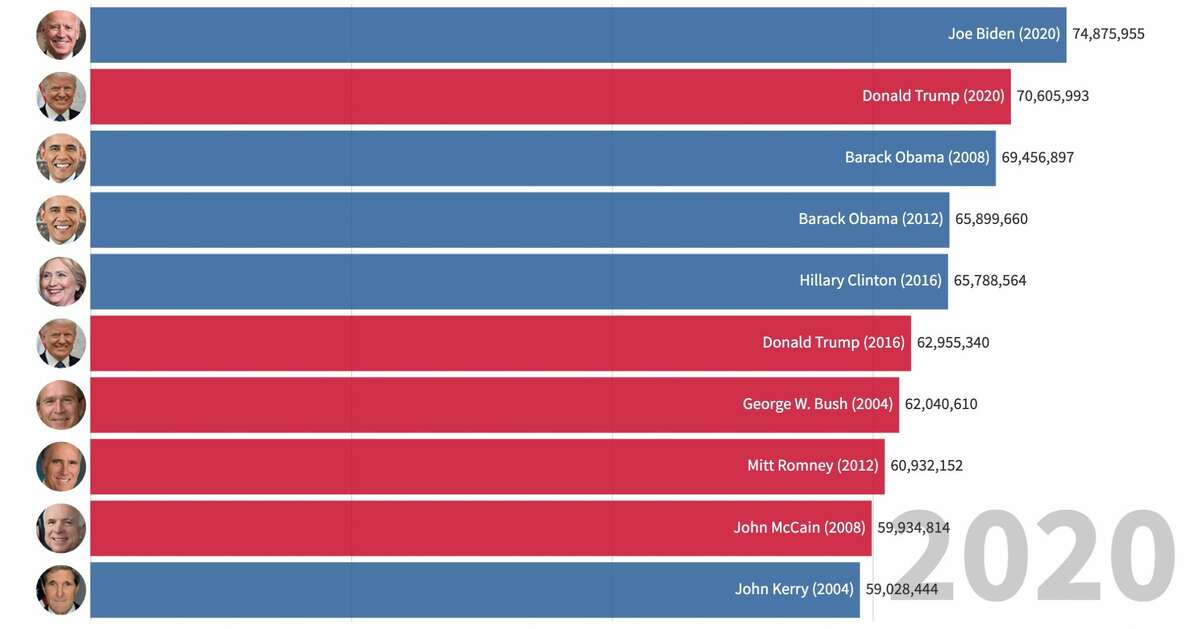Singapore's Political Future: The Stakes Of The Next Election

Table of Contents
The Ruling Party's Position and Challenges
The People's Action Party (PAP), Singapore's long-ruling party, faces a unique set of challenges in the upcoming election. While their dominance has been undeniable for decades, maintaining that position requires a nuanced understanding of evolving public sentiment and a proactive approach to addressing key national concerns.
The PAP's Dominance and its Evolving Strategy
The PAP's continued success stems from a history of effective governance and economic prosperity. However, the party is actively adapting its strategy for Singapore's Next Election.
- Analysis of PAP's recent policy announcements and public perception: Recent policy shifts, such as adjustments to housing policies and initiatives addressing cost-of-living concerns, reflect the PAP's attempt to engage with public anxieties. Public perception of these initiatives will be crucial in determining their electoral impact.
- Discussion of leadership succession plans and their impact on voter sentiment: The succession planning within the PAP leadership will be closely scrutinized. Public confidence in the next generation of leaders will be a significant factor influencing voter decisions.
- Examination of the PAP's campaign strategies and their effectiveness: The PAP's campaign strategy will likely focus on highlighting their track record and showcasing their vision for the future. The effectiveness of this approach in reaching and resonating with a diverse electorate remains to be seen.
Addressing Key Concerns: Housing, Cost of Living, and Healthcare
Socio-economic issues remain paramount in the minds of Singaporean voters. The PAP's ability to effectively address these concerns will significantly impact the election outcome.
- Analysis of public sentiment regarding housing affordability in Singapore: Housing affordability continues to be a major concern. The government’s efforts to increase housing supply and implement cooling measures will be subject to public scrutiny.
- Discussion of rising living costs and their impact on different demographic groups: The rising cost of living, impacting everything from groceries to transportation, disproportionately affects lower-income families. Addressing this issue effectively is crucial for the PAP.
- Examination of public healthcare accessibility and affordability: Ensuring accessible and affordable healthcare for all citizens is a key concern. The government's healthcare policies and their impact on the general population will be closely evaluated.
The Opposition's Prospects and Strategies
While the PAP maintains a strong hold, the opposition parties are also actively shaping the narrative leading up to Singapore's Next Election. Their ability to coalesce around key issues and present a unified front will be crucial to their success.
The Opposition's Cohesion and Electoral Performance
The opposition's past electoral performance has been varied, with individual parties achieving limited breakthroughs. Their prospects in the upcoming election depend on increased coordination and a clear articulation of their policy platforms.
- Discussion of the strengths and weaknesses of different opposition parties: Each opposition party brings different strengths to the table, from specific policy expertise to strong local grassroots support. Analyzing these strengths and weaknesses is vital to understanding their collective potential.
- Analysis of their electoral strategies and campaign platforms: The opposition parties will need to present coherent and compelling alternatives to the PAP's platform. Their strategies will need to resonate with voters' concerns and demonstrate their ability to govern effectively.
- Assessment of their potential for forming coalitions or alliances: The potential for forming coalitions or alliances amongst opposition parties could significantly enhance their electoral prospects. However, achieving unity on key policy issues remains a challenge.
Emerging Issues and Alternative Policy Proposals
The opposition parties are likely to focus on key issues where they can differentiate themselves from the PAP. This includes presenting alternative policy proposals on areas such as immigration, social welfare, and economic development.
- Comparison of different parties' stances on key issues (e.g., immigration, social welfare): Contrasting the PAP's approach to these issues with the opposition's will be crucial for voters to make informed choices.
- Analysis of public reception to the opposition's policy alternatives: The success of the opposition will hinge on the public's reception of their alternative policy proposals.
- Discussion of the potential for policy shifts after the election: Even with a PAP victory, the opposition's influence could lead to policy adjustments aimed at addressing public concerns.
The Geopolitical Context and its Influence
Singapore's strategic geopolitical location and its complex international relationships significantly impact its domestic political landscape. The upcoming election will undoubtedly be influenced by these external factors.
Regional and International Relations
Singapore's relations with its neighbours and major global powers will indirectly shape the political discourse.
- Discussion of Singapore's relations with key regional and global partners: The stability of these relationships and any significant shifts will inevitably influence the election campaign.
- Analysis of how international events might influence the election campaign: Unexpected global events could shift public focus and impact voter priorities.
- Examination of the potential impact of global economic trends on the electorate: Global economic trends, particularly those impacting Singapore's economy, will likely influence voters' concerns and priorities.
Conclusion
Singapore's next election is a pivotal moment, fraught with challenges and opportunities. The PAP faces the task of maintaining its dominance while addressing crucial socio-economic concerns. The opposition parties, meanwhile, will need to capitalize on public anxieties and present compelling alternatives to gain ground. Understanding the dynamics between these forces, as well as the wider geopolitical context, is crucial to predicting the outcome and its implications for Singapore's future. Stay informed about the developments leading up to Singapore's Next Election and participate in the democratic process. Engage in discussions and understand the various perspectives to make informed decisions during this critical period for Singapore's political future. Your understanding of Singapore's next general election is key to shaping the nation's trajectory.

Featured Posts
-
 Googles Search Ai Training On Web Content Despite Opt Outs
May 04, 2025
Googles Search Ai Training On Web Content Despite Opt Outs
May 04, 2025 -
 Ufc 314 In Depth Analysis Of Chandler Vs Pimblett Co Main Event
May 04, 2025
Ufc 314 In Depth Analysis Of Chandler Vs Pimblett Co Main Event
May 04, 2025 -
 Student Government Election Popular Vote Winners Disqualified Gonzalez And Salzer Victorious
May 04, 2025
Student Government Election Popular Vote Winners Disqualified Gonzalez And Salzer Victorious
May 04, 2025 -
 New Business Hotspots Across The Country A Detailed Map And Analysis
May 04, 2025
New Business Hotspots Across The Country A Detailed Map And Analysis
May 04, 2025 -
 Fans Notice Anna Kendricks Body Language During Blake Lively Interview
May 04, 2025
Fans Notice Anna Kendricks Body Language During Blake Lively Interview
May 04, 2025
